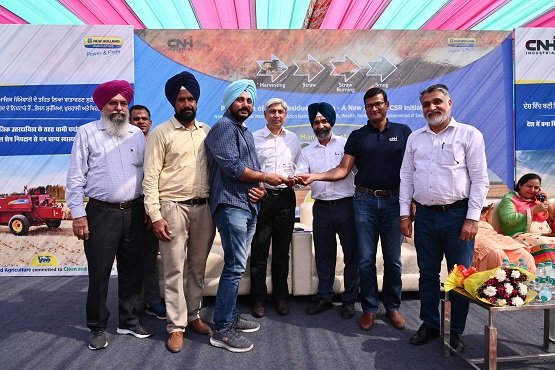ICAR, SAUs develop high-yielding short duration Basmati rice varieties
Early maturing varieties of rice to be used for Straw Management
The cultivation of Short Duration Varieties (SDVs) provide extended window between Kharif harvesting of paddy and wheat sowing for Rabi, thereby giving sufficient time to the rice farmers for in-situ management and removal of excess paddy straw. The varietal trait for height is inherent in self-pollinated crop like paddy. The dwarf varieties have less production of straw as compared to the tall varieties.
Indian Council of Agricultural Research(ICAR) and State Agriculture Universities (SAUs) have developed high-yielding short duration Basmati rice varieties including Pusa Basmati 1509 (115 days), Pusa Basmati 1692 (115 days) and Pusa Basmati 1847 (125 days) and non-basmati category, aromatic rice varieties PR 126 (120-125 days), Pusa Sugandh 5 (125 days) and Pusa 1612 (120 days).These early maturing varieties mature about 20-25 days in advance which enable farmers for straw management and preparation of the fields for wheat sowing.
The Department of Agriculture and Farmers Welfare is implementing National Food Security Mission (NFSM) to increase the production and productivity of food-grain crops including rice. The various interventions such as cluster demonstrations on direct seeded rice, line transplanting, stress-tolerant varieties etc., distribution of quality seeds of high-yielding varieties including Short Duration Varieties & hybrids, micro-nutrients, soil ameliorants, plant protection chemicals, farm equipments and machinery are implemented to increase rice production and productivity.
This information was given by the Narendra Singh Tomar, Union Minister of Agriculture and Farmers Welfare in a written reply in Rajya Sabha.
Early maturing varieties of rice to be


